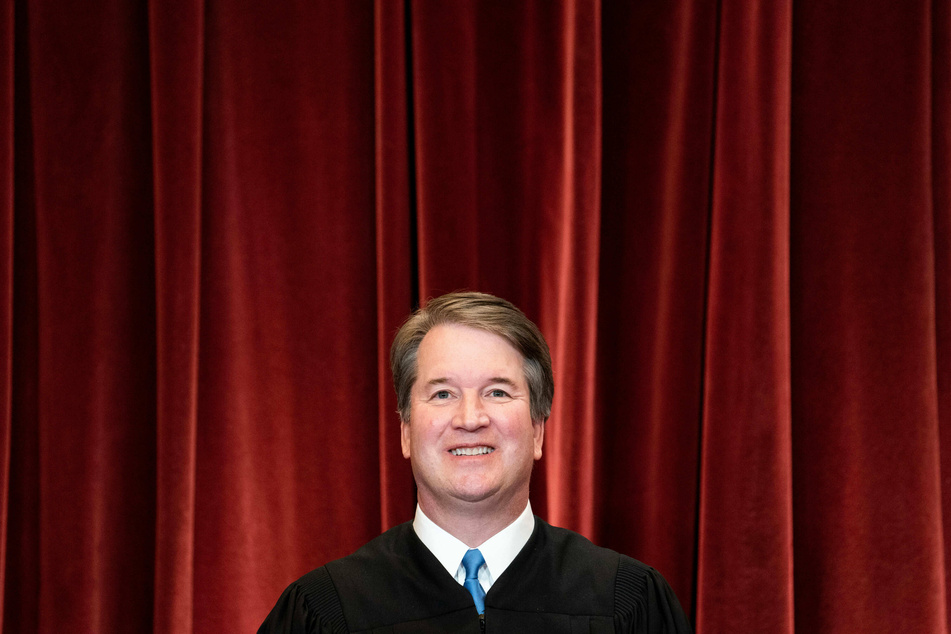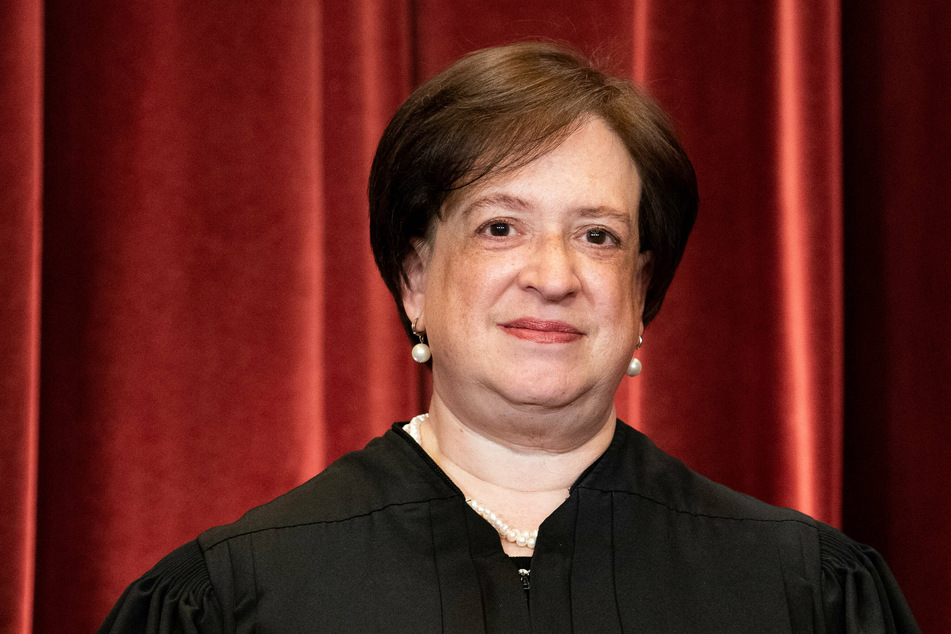Supreme Court gives green light to electoral maps that disenfranchise Black Alabamians
Washington DC - The US Supreme Court on Monday put on hold a lower court ruling that would have required Alabama to redraw its congressional maps, which weaken representation for Black Americans.

The Supreme Court decided 5-4 to allow Alabama to continue to use its newly drawn maps while the justices examine the case.
The GOP maps have just one Black-majority district, even though Black people comprise more than 25% of the state's population, the Associated Press reported.
Previously, a lower court of three judges, two of whom were appointed by Donald Trump, ruled that the maps likely violated the 1965 Voting Rights Act by not drawing a second Black-majority district.
"The stay will allow this Court to decide the merits in an orderly fashion – after full briefing, oral argument, and our usual extensive internal deliberations – and ensure that we do not have to decide the merits on the emergency docket," Justice Brett Kavanaugh wrote in the majority opinion.
The conservative justice added that the timing of the case was another issue: "When an election is close at hand, the rules of the road must be clear and settled. Late judicial tinkering with election laws can lead to disruption and to unanticipated and unfair consequences for candidates, political parties, and voters, among others."
"It is one thing for a State on its own to toy with its election laws close to a State’s elections," he continued. "But it is quite another thing for a federal court to swoop in and re-do a State’s election laws in the period close to an election."
Arguments for the dissent

Justice Elena Kagan, writing for the dissent, disagreed, arguing that there are still four months before the primary and nine months before the general election.
She added, "It does a disservice to the District Court, which meticulously applied this Court’s longstanding voting-rights precedent."
"And most of all, it does a disservice to Black Alabamians who under that precedent have had their electoral power diminished – in violation of a law this Court once knew to buttress all of American democracy."
Prominent Black politicians have also spoken out against the court's decision not to intervene.
California Rep. Barbara Lee took to Twitter, writing, "Nearly a third of Alabama’s population is Black, and yet the Supreme Court just upheld a map that only gives them 1 out of 7 congressional seats. This is Jim Crow 2.0."
Meanwhile, New York Rep. Mondaire Jones reiterated his call to expand the Supreme Court, urging Congress to pass his bill to add more justices and mitigate the influence of the current rightwing conservative majority.
"Watching people tie themselves into knots to avoid calling for Court expansion," he tweeted. "Remember that Congress passed the original Voting Rights Act. This Supreme Court simply doesn’t care."
Though the Supreme Court apparently plans to hear a case on the redistricting maps, the timeline for doing so is not clear. It appears the upcoming elections will take place under the current discriminatory maps.
Cover photo: Collage: IMAGO / ZUMA Wire & IMAGO / MediaPunch

